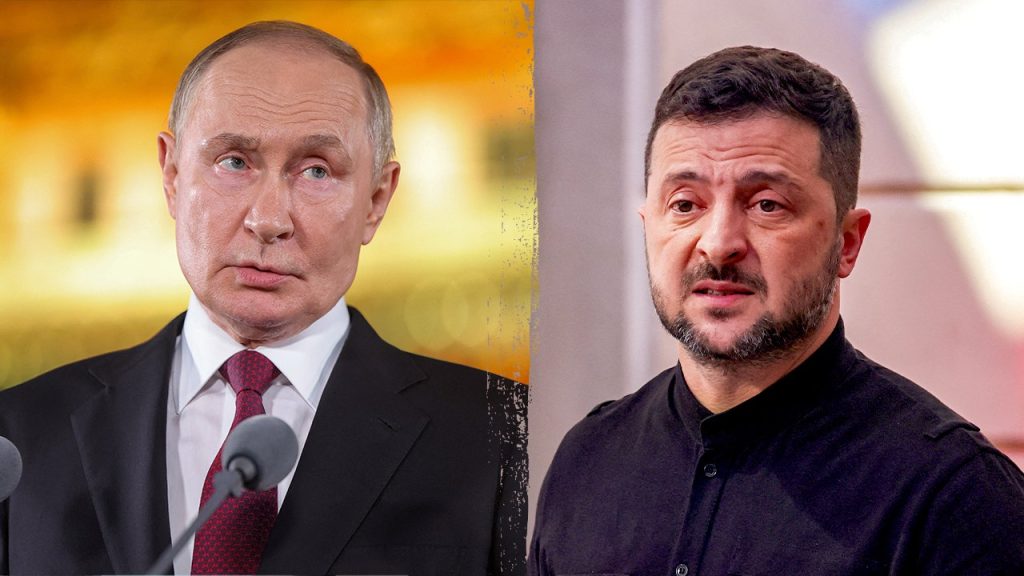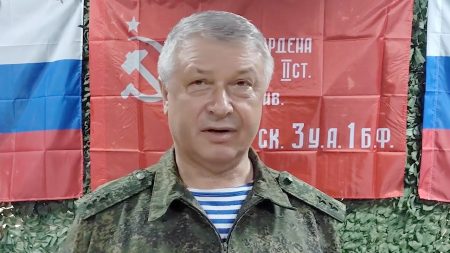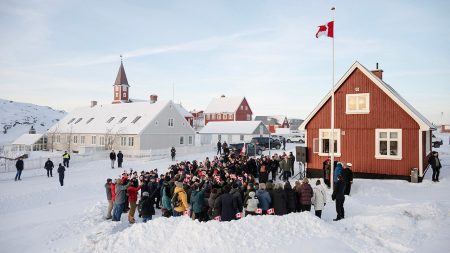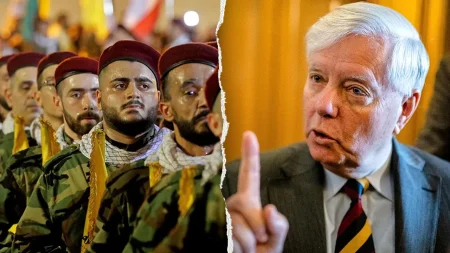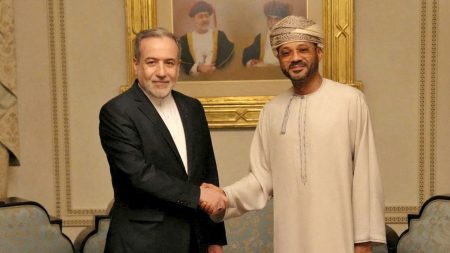Russia Rejects Foreign Troops in Ukraine as Leaders Meet with Zelenskyy
Russia has once again firmly rejected any proposal for stationing foreign troops in Ukraine, a stance that came to light as European leaders engaged with Ukrainian President Volodymyr Zelenskyy and participated in a joint call with former U.S. President Donald Trump. Russian Foreign Ministry spokesperson Maria Zakharova made it abundantly clear on Thursday that Moscow considers any plan involving foreign military deployment in Ukraine “unacceptable.” Speaking to reporters, she emphasized that “Russia is not going to discuss a foreign intervention in Ukraine in any form or format that is fundamentally unacceptable and undermines any security.” This statement directly responded to comments from European Commission President Ursula von der Leyen regarding potential plans to send European military personnel to Ukraine, highlighting the continuing tensions surrounding international involvement in the conflict.
Interestingly, Russia isn’t alone in expressing reservations about von der Leyen’s suggestion. Germany, a key European power, has also voiced skepticism about the proposal. German Defense Minister Boris Pistorius cautioned against public discussion of such sensitive matters, stating that there are “things that you don’t discuss before you sit down at the negotiating table with many parties that have a say in the matter.” This German position reveals fractures within the European approach to supporting Ukraine, suggesting that not all NATO and EU allies are aligned on the question of direct military presence in the conflict zone. The reluctance from Germany, historically cautious about military deployments abroad due to its own historical context, adds another layer of complexity to coordinated Western efforts to support Ukraine.
A notable development occurred when European leaders including Zelenskyy held a joint call with Donald Trump, indicating attempts to involve the former president in ongoing peace discussions. While the White House did not release an official statement about the substance of the conversation, Zelenskyy appeared positive about the exchange. In a post on social platform X, the Ukrainian president expressed gratitude to Trump “for all his efforts to end this war and for America’s readiness to provide support to Ukraine on its part.” This appreciation suggests that Trump’s involvement may be viewed by Ukraine as potentially constructive in reaching a resolution to the conflict that has now stretched beyond three years. The inclusion of U.S. Special Envoy Steve Witkoff in these discussions further signals American diplomatic engagement with the situation.
A White House official later provided some insight into the call, revealing that “President Macron and European leaders called President Trump into their ‘Coalition of the Willing’ meeting.” During this conversation, Trump reportedly emphasized two critical points: that Europe must stop purchasing Russian oil that funds the war effort (noting that Russia received €1.1 billion in fuel sales from the EU in one year), and that European leaders must exert economic pressure on China for supporting Russia’s military activities. These comments highlight ongoing concerns about how Russia continues to finance its war operations despite international sanctions, and point to the complex web of international economic relationships that impact the conflict. The reference to China’s role reflects growing Western concerns about Beijing’s support for Moscow during the war.
According to Zelenskyy, the meeting included discussions about how each country would be prepared to contribute to ensuring Kyiv’s security going forward. The Ukrainian president stated, “We share the same view that Russia is making every effort to drag out the negotiation process and prolong the war. Support for Ukraine must be increased and pressure on Russia must be intensified.” This assessment suggests a unified perspective among the participating leaders regarding Russia’s tactics in peace negotiations, which they apparently view as deliberately dilatory. The emphasis on increasing support for Ukraine while intensifying pressure on Russia indicates that these leaders remain committed to strengthening Ukraine’s position rather than seeking immediate compromises that might favor Russian interests.
As the Russia-Ukraine war has now continued for more than three years since Moscow’s February 2022 invasion, world leaders have increasingly pushed for its conclusion. However, finding a path to peace remains elusive amid fundamental disagreements about Ukraine’s sovereignty, territorial integrity, and future security arrangements. Russia’s categorical rejection of foreign troops in Ukraine highlights one of many obstacles to reaching a settlement that would satisfy all parties. The ongoing diplomatic efforts, including high-level calls involving current and former world leaders, demonstrate the international community’s recognition of the conflict’s significant global implications, from energy security to geopolitical stability. Yet, with positions remaining entrenched on key issues such as foreign military presence, the prospect of a negotiated end to hostilities still faces substantial challenges despite the intensified diplomatic engagement.





